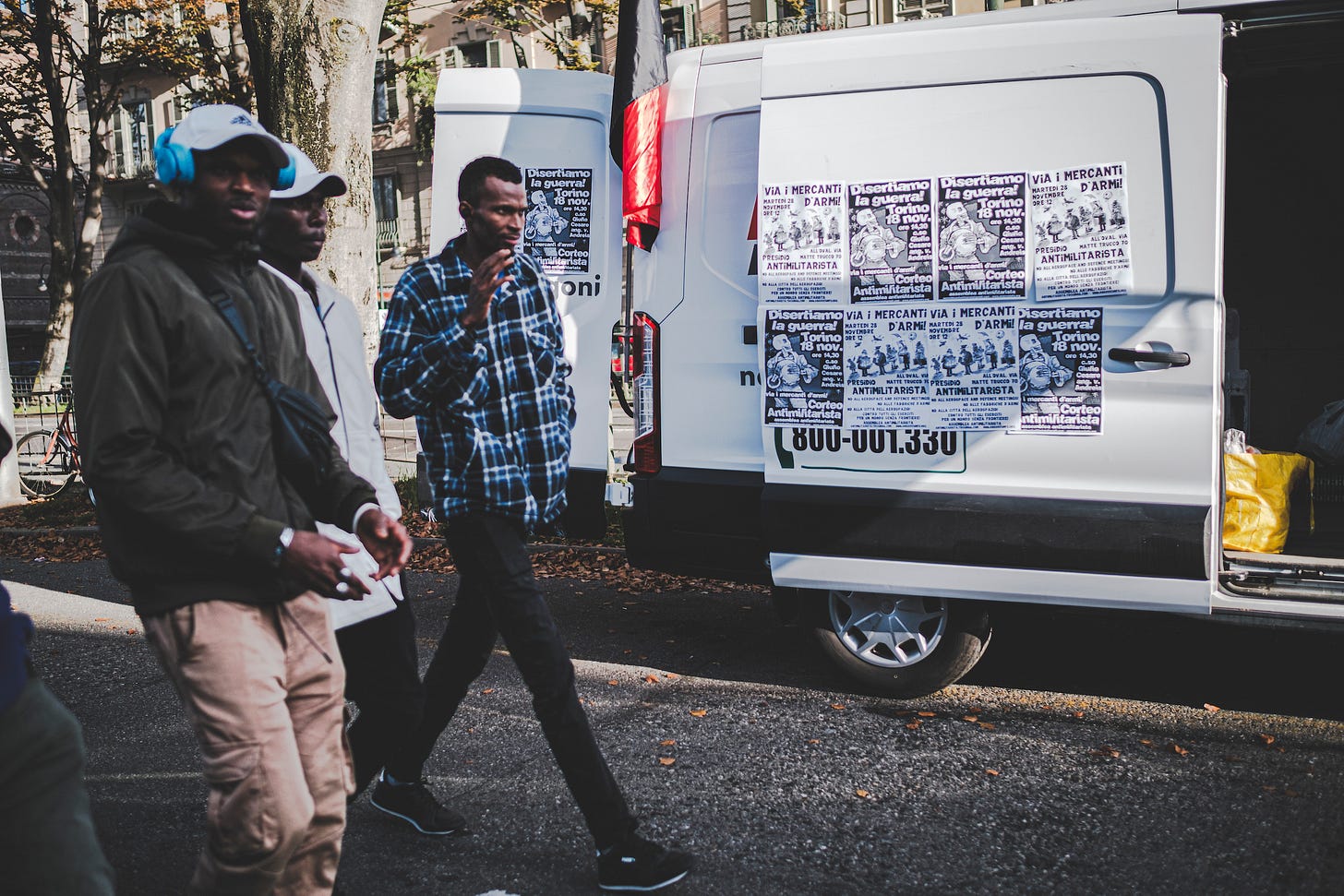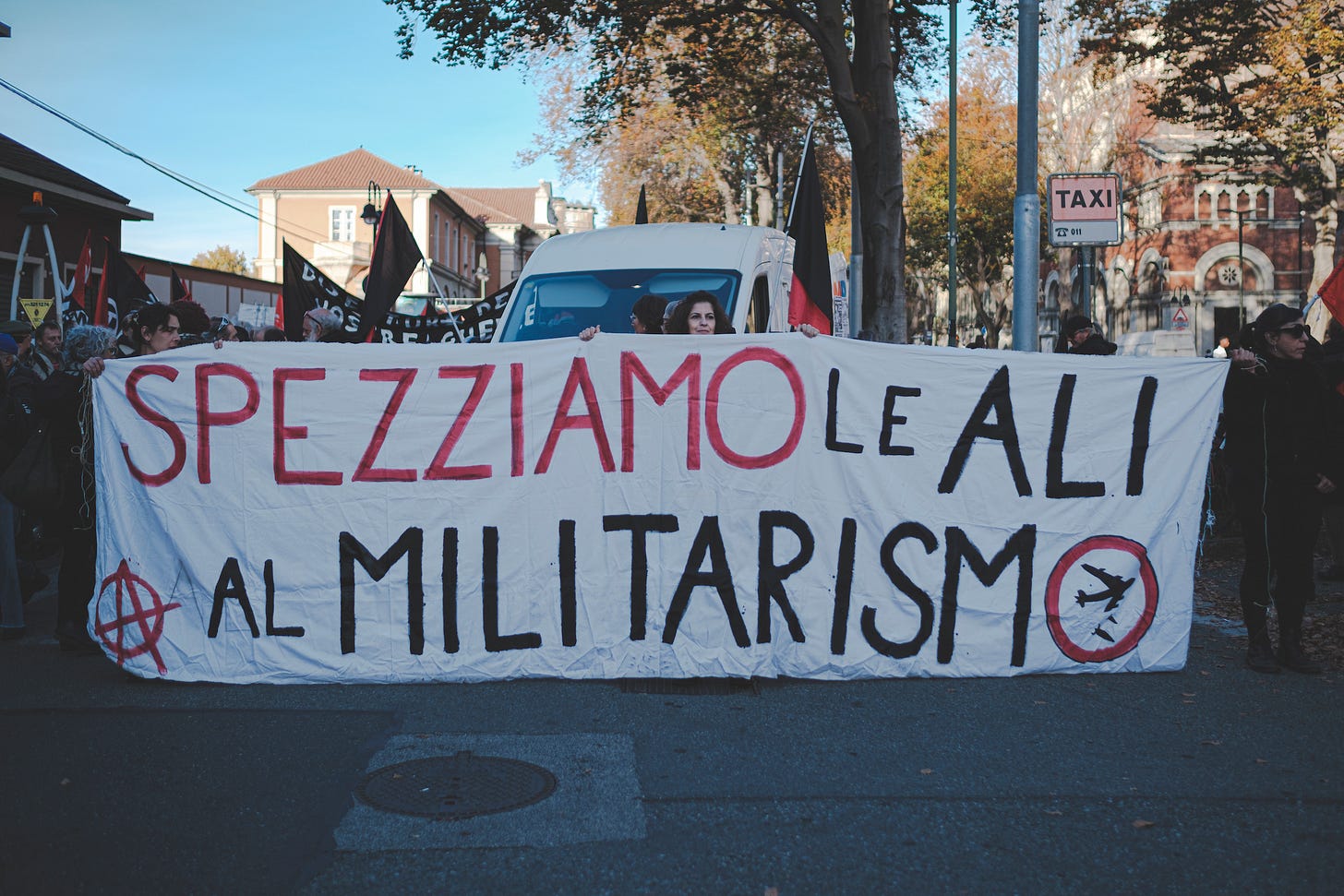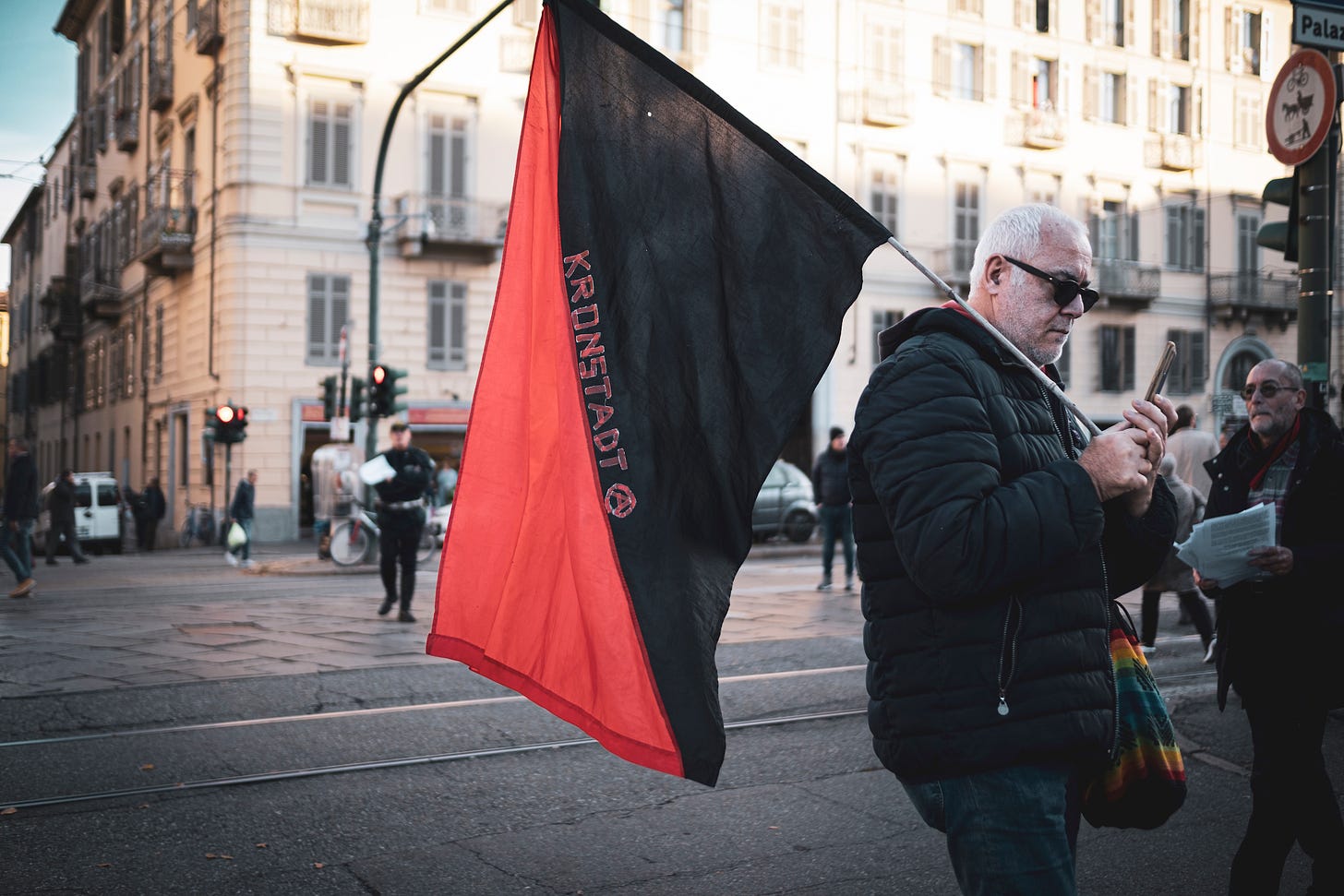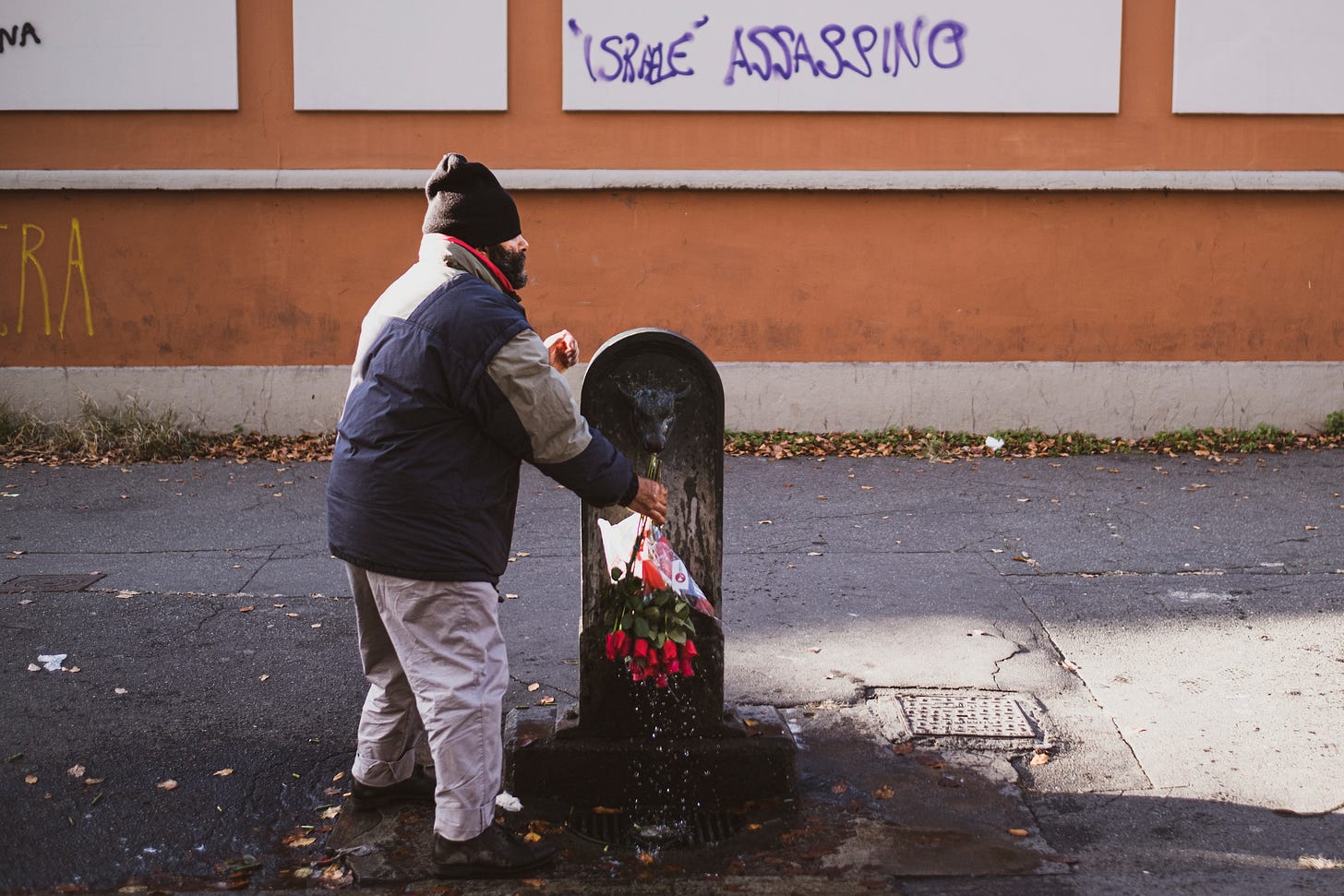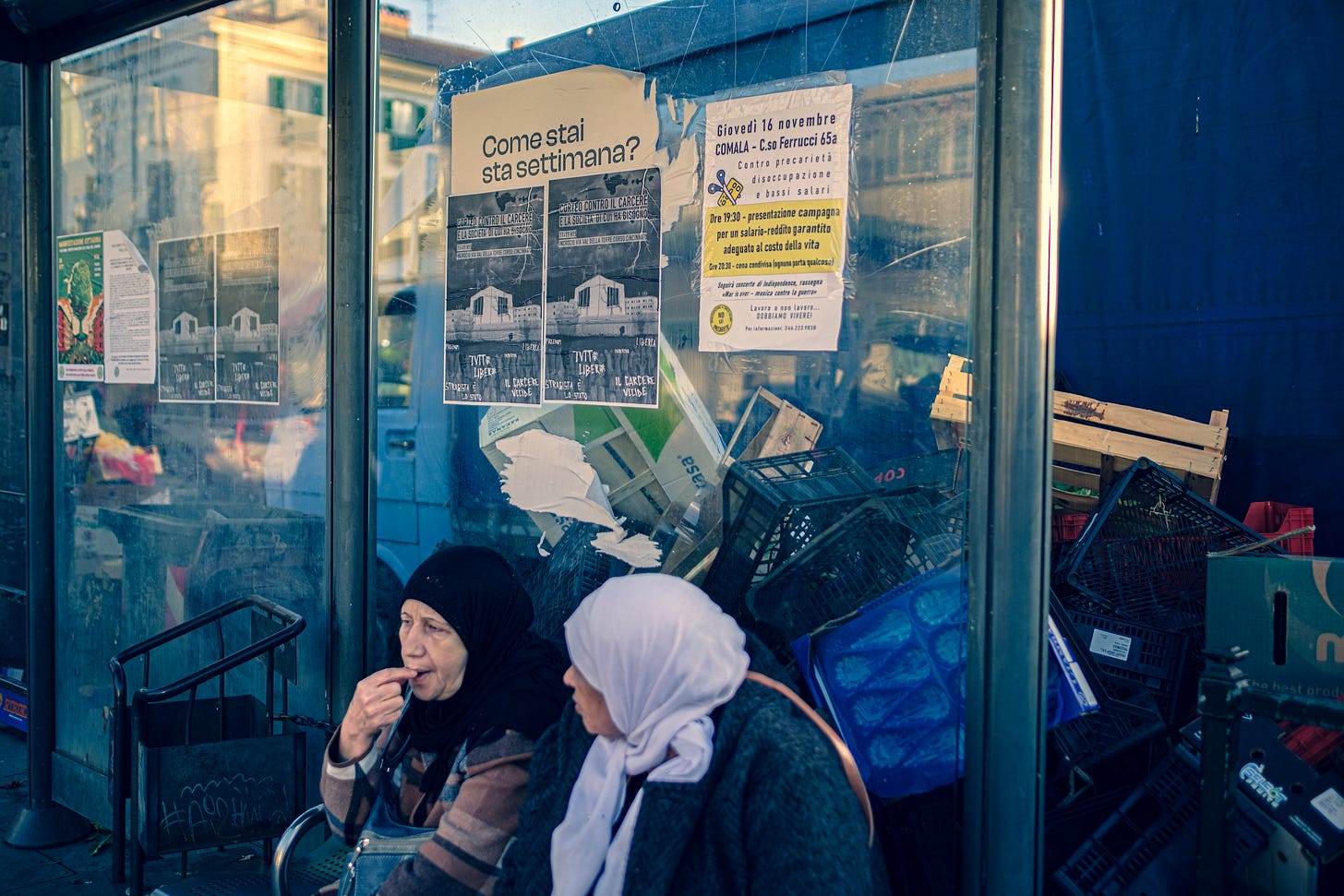Learning From the Protests
Aperture Priorities Contact Sheet #4
By Joel Schalit
Regime change is on the horizon. Nationalism and borders are in; diversity and migrants are out.
The centre-right is turning far-right, and populists will sweep the 2024 European Union elections.
If you read the EU press regularly, such statements are depressingly familiar. They're made so often it's as though they're a fait accompli.
Never mind that Spain and Portugal have had centre-left governments for years, and Poland just voted out one of Europe's most significant nationalist parties, the PiS.
You get the point. European politics remain complex despite Brexit and Giorgia Meloni's ‘postfascist’ victory in last year’s Italian election.
Nothing makes this more apparent than the Palestinian solidarity protests that have swept the EU and UK over the last month.
Hundreds of thousands have taken to the streets each week in the largest demonstrations to hit Europe since the 2003 invasion of Iraq.
Young and old, white and BAME (Black, Asian and Middle Eastern), Muslim and Jew, the protests look a lot like a new left.
Not just in terms of party politics but the zeitgeist. Something of ideological significance is happening that is as important as populism.
Indeed, it's not hard to see that Europeans have been strongly impacted by the war, particularly those of immigrant and minority backgrounds.
This edition of Aperture Priorities features photographs from protests in Torino on Saturday, which inspire such speculation.
The photos alternate between images of protestors and pedestrians at the demonstrations.
****
Photographs courtesy of Joel Schalit. All rights reserved.


